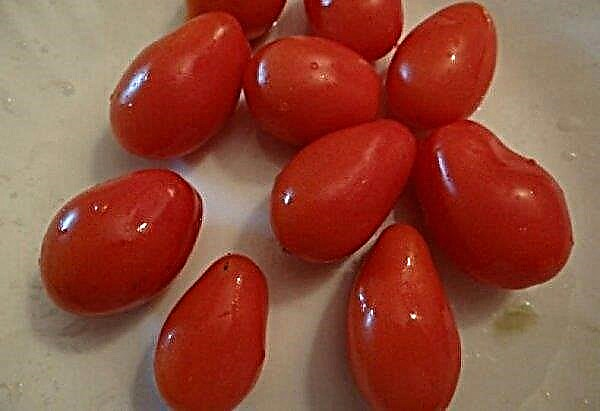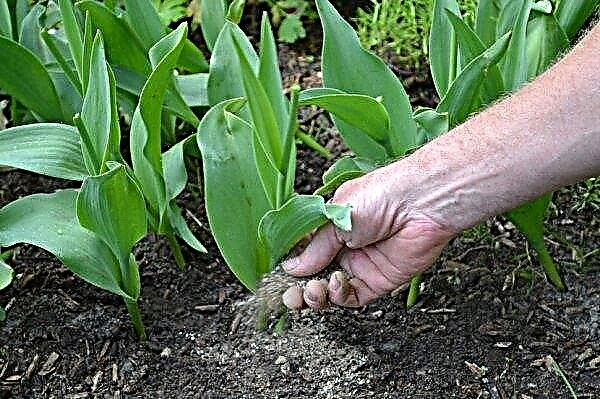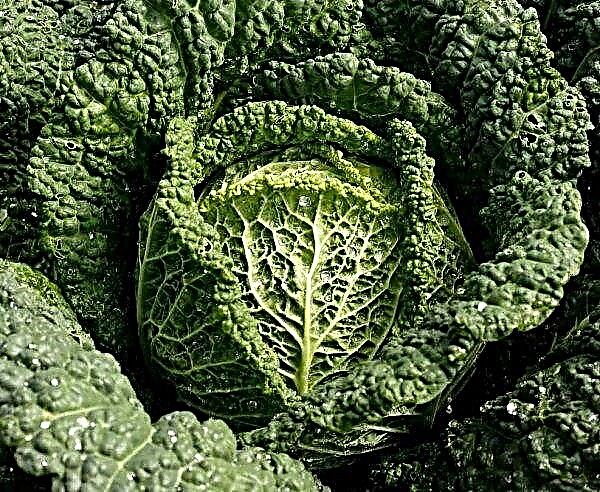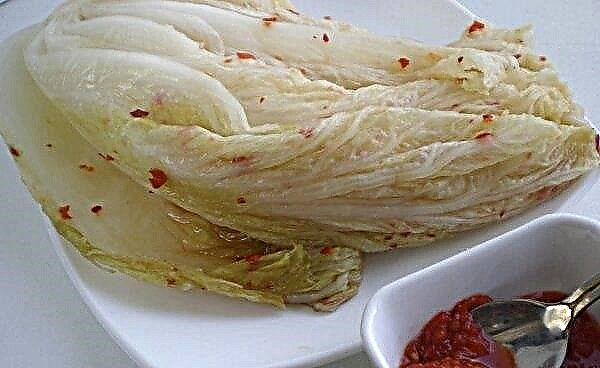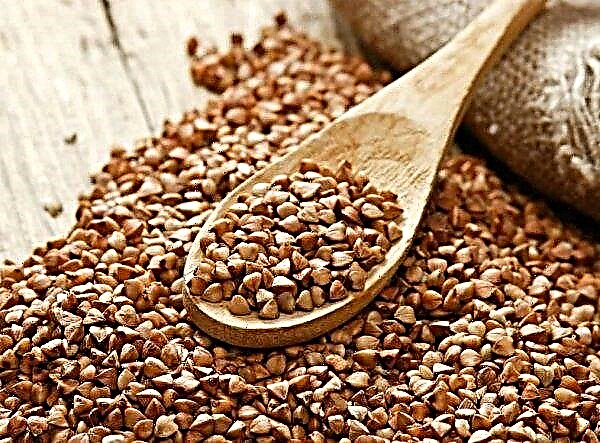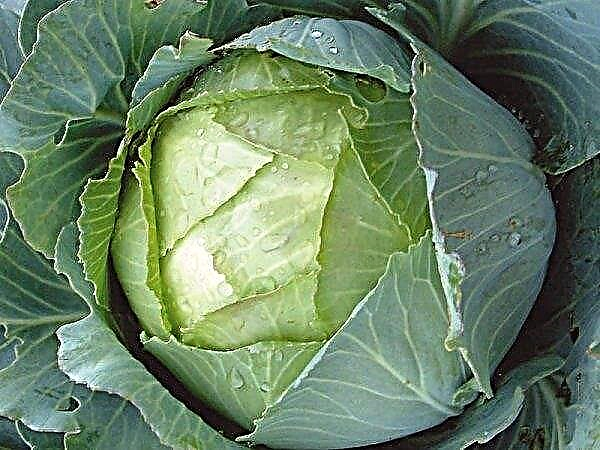Due to the anti-inflammatory, antioxidant and even analgesic properties of the ginger root, it has a positive effect not only on the internal organs and systems of the body, but can also serve as a good tool for relieving toothache and eliminating other problems of the oral cavity. What recipes can be used in this case and what you should know about the methods of preparing medicinal formulations - read on.
Ginger Use for Toothache
An unpleasant aching toothache often results from dishonest care of the oral cavity, due to which caries develops, and damaged teeth begin to rot and hurt. If there is no toothpaste under your hands, then you can eliminate pollution and neutralize the pathogens that are often present on food debris using pure ginger in different forms.

Caries Ginger
In the fight against caries, it is best to use a fresh, sliced root of the specified plant, which contains a substantial supply of essential oils (1.5–3 g per 100 g). They have an antimicrobial effect, which means that even a small piece of the plant, chewed after the main meal, can reduce the likelihood of tooth decay. For the same purpose, the dried plant powder is often used, adding it to toothpaste during the next brushing.

Ginger for brushing teeth
The regularity of using pure ginger powder to clean tooth enamel depends on the strength of the latter. In order not to harm her with the burning constituents of the plant, you should not get carried away with such a tool, replacing them with the usual toothpaste no more than twice a week. For ease of use, you can pour the powder into a jar with a wide neck and just dip a wet brush into it every time before performing the procedure.
 To soften the effect of ginger on the oral cavity, it is worth mixing the powder with essential oils of other medicinal plants (for example, castor or tea tree).
To soften the effect of ginger on the oral cavity, it is worth mixing the powder with essential oils of other medicinal plants (for example, castor or tea tree).
Popular recipes for relieving toothache
The most common cause of tooth soreness is inflammation of the inside of the teeth called “pulp”, which consists of a large number of blood vessels and nerve endings. With regular care, it does not suffer from the effects of microorganisms and does not change its structure, but once they accumulate on the surface, problems and unpleasant sensations can no longer be avoided.

They penetrate deep into the tissues through microscopic cracks in the hard layers, so you need to make every effort to prevent the appearance of the same damage. The following tools can help with this task.
Ginger powder
Powdered ginger root can be used to stop pain in the teeth and gums, but in order to achieve maximum effectiveness, the use of such a medicine should be carried out in courses lasting at least five days. By applying a powdery substance, you not only reduce pain attacks, but also help to accelerate regenerative processes, so many drugs based on this herbal component are prescribed by dentists shortly after surgery.

The maximum daily dose of ginger powder for an adult is 4 teaspoons, the contents of which are simply rubbed into the tooth surface on its own or after mixing with various essential oils. Also, do not forget that the norm of use of any medicinal composition depends on the age of the patient and the individual characteristics of his body, so teenagers and younger children are better off using half of this norm so as not to provoke any damage to the oral mucosa.
Did you know? In real Japanese restaurants, sliced ginger root slices are served not only for sushi, but also for other traditional dishes, since the constituent components of the plant cleanse the receptors and help to better perceive the taste of new dishes.
Raw root
Raw root is used as a local anesthetic. This means that ginger peeled and sliced into thin slices simply needs to be applied to the diseased tooth and slightly bitten, thereby contributing to the release of more juice.

For the same purpose, you can simply chew the plants, and in especially difficult cases with a high intensity of the manifestation of the pain symptom, it is recommended to pre-pass the ginger through a meat grinder and apply gruel wrapped in gauze to the sore spot.
With cayenne pepper
A mixture of ginger powder and cayenne pepper powder only enhances the positive effect of both leaving, effectively relieving pain in the teeth. To get a paste of acceptable consistency, it is worth adding a little water to the finished powder mixture, mixing all the components well.

Leave the resulting product for insisting for several minutes, and then moisten a cotton swab in it and attach it to the sore spot. This procedure should be performed as carefully as possible, trying to prevent the substance from getting onto the mucous membrane of the gums, because otherwise, after exposure to burning components, edema may appear at the contact site. You can’t brush your teeth normally with this mixture.
Ginger for gum disease
For pain and increased sensitivity of the gums, only an infusion or a decoction of ginger root is suitable, and in some cases it is recommended to rinse your mouth with tea based on it. Despite their lower activity in the fight against microbes, low concentrated drinks will not be able to damage the mucosa, which means that with gum disease the following composition will be appropriate:
- Pour 1 teaspoon of grated ginger root with a glass of hot boiled water and, having closed the lid, let it brew for 15 minutes.
- After the specified time, strain the infusion and use it to rinse your mouth, including when brushing your teeth. The same remedy can be used for stomatitis, although in this case there are more effective recipes for the preparation of medicinal formulations based on the described root.
Did you know? Ginger perfectly eliminates bad breath, so it is recommended to use it after dishes with onions and other acutely smelling ingredients.
Stomatitis treatment
Stomatitis - one of the most common types of damage to the oral mucosa, which is usually associated with the reaction of the immune system to external stimuli, in particular the effect of pathogens. Often, the basis for the appearance of such a problem is a violation of hygiene requirements, gastrointestinal diseases or mechanical damage to the mucous surface.

Whatever it was, but in any of these cases, the antiseptic and antimicrobial effects of ginger will be very useful, the main thing is to properly prepare a decoction for rinsing or lotions. In both cases, the following recipe comes in handy:
- Take a fresh, well-ripened ginger root, grate it on a fine grater, and then pour a glass of cold water.
- Put the container in a water bath and heat the mixture to a boil, then boil over low heat for 15–20 minutes and insist at room temperature until the liquid cools completely.
In the future, such a tool is perfect for rinsing the mouth in between meals, and for creating lotions, with their placement in areas affected by the disease. Medical procedures are performed until all signs of the disease have disappeared, although with proper preparation, a healthy fluid should help almost immediately.
To improve the taste of the decoction during rinsing and enhance its positive effect on the body, you can add mint to ginger, which also has not only analgesic properties, but also a calming effect. Another good option is to mix with other herbal infusions and teas.
Important! The remains of the prepared mixture must be stored in the refrigerator, previously placed in a tightly closed container. Before direct use, the broth is taken out and started to be used only after warming to room temperature.
Contraindications to the use of ginger
Despite the high effectiveness of the ginger root against a wide variety of diseases, the plant can be very harmful, especially when brushing your teeth during an exacerbation of certain ailments.
- The list of typical contraindications to the use of the plant includes the following disorders in the body:
- tendency to bleeding (in this case, it is better not to use the root after surgery);
- duodenal ulcer and ulcerative colitis, though any other ulcerative lesions in the body deserve increased attention and preliminary consultation with your doctor;
- hepatitis and cirrhosis in the acute period, and in some cases during remission;
- inflammatory skin diseases;
- food reflux;
- acute stage of coronary heart disease;
- pre-stroke or pre-infarction condition.
In the presence of any of the above problems, even a small amount of ginger can adversely affect health, worsening overall well-being and causing all kinds of complications. To avoid this, before using folk remedies to eliminate toothache or any other disorders, it is worth undergoing a comprehensive examination and then ginger will only help, excluding any negative effect.

